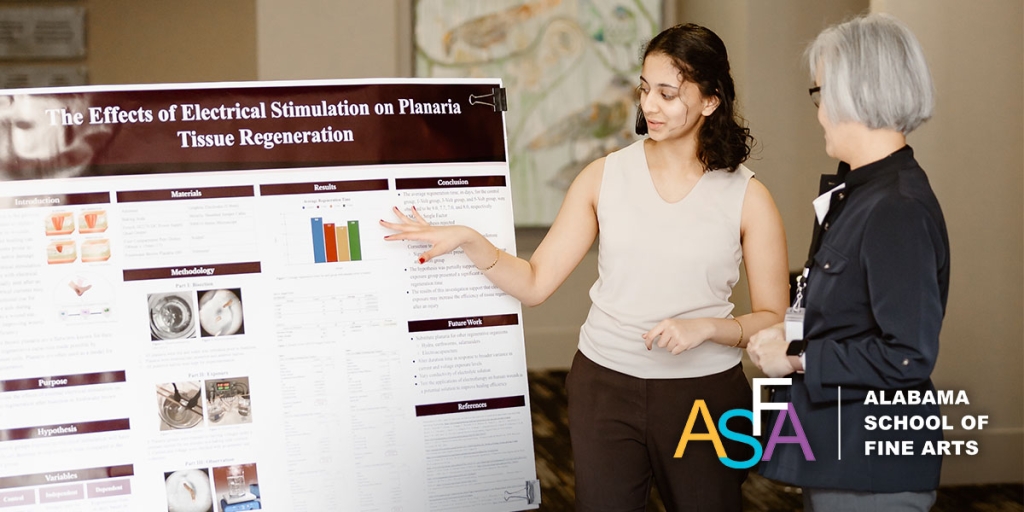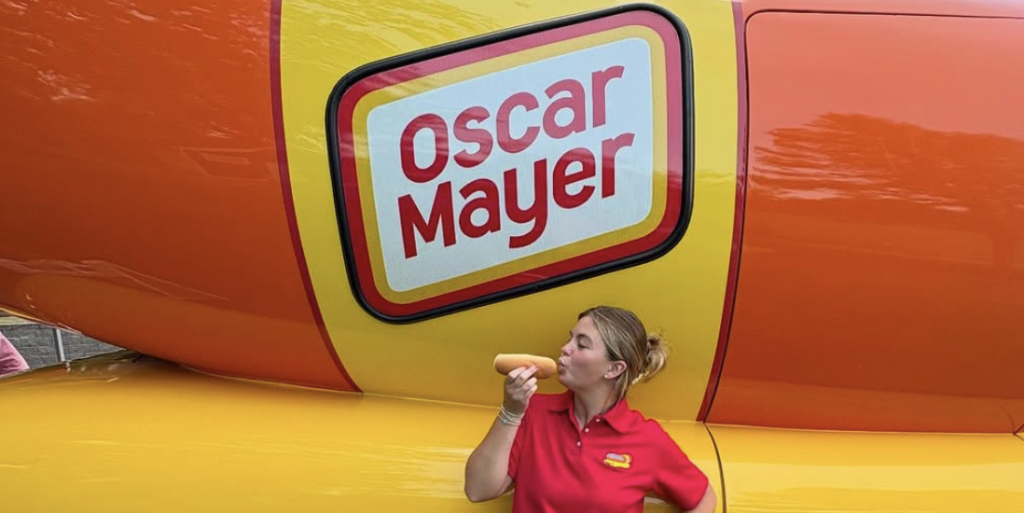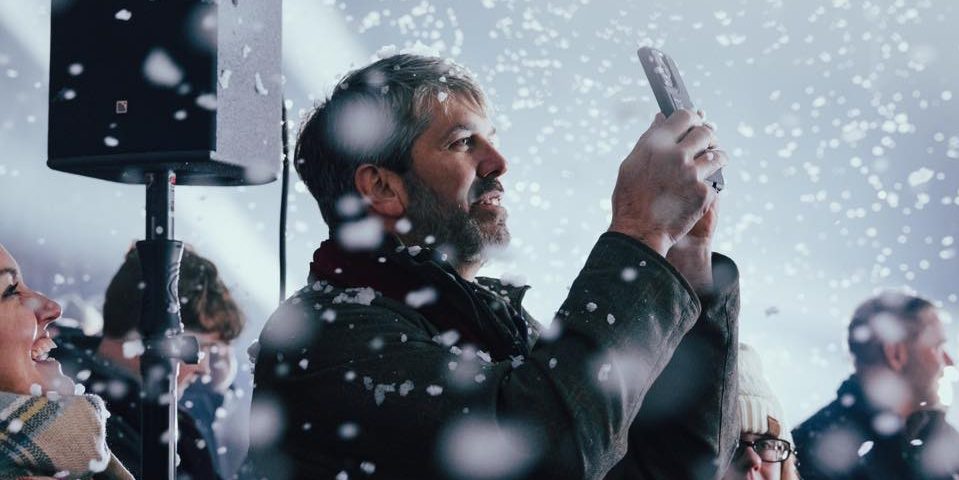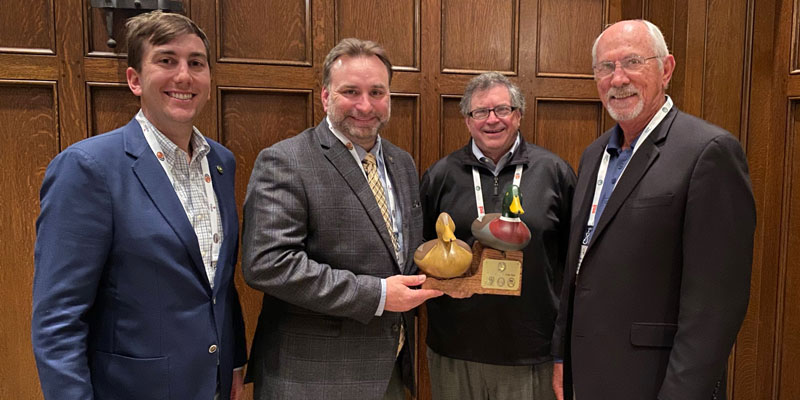Christmas arrives yet again and with it that familiar seasonal joy but also stress. Mom and Dad and Grandma and Grandpa are getting older, and ideas for gifts have run thin – very thin – for quite some time.
What could they possibly want?
Christina Pierpaoli-Parker, a University of Alabama student pursuing her doctorate in clinical geropsychology has conducted research that provides some answers.
“One of the benefits of aging is that it shifts your perspective, helps to reorder your priorities,” she said. “The psychological data demonstrate that overall quality of life and happiness tend to increase as we age.
“That pattern almost takes on a U-shaped curve where, on one end, earlier in life, happiness and quality of life tend to be pretty high before declining somewhat in our late 30s into midlife, as we try to establish ourselves financially, socially, professionally and romantically. But, as we age, usually around our 60s, our overall levels of happiness and quality of life tend to increase again.”
Pierpaoli-Parker said these trends appear during later life because of social-emotional selectivity theory — when people get closer to their deaths, their priorities shift from seeking information, knowledge, money and resources toward seeking meaningful emotional experiences.
“We want to spend more time doing things that we value with the people we love.”
So, what do people get their aging parents?
“In general, they don’t want stuff,” she said. “They want you. They want to spend time with their children, their grandchildren, and savor those experiences.”
So, instead of spending money on fancy things, Pierpaoli-Parker said more meaningful and affordable gift ideas for aging loved ones might include getting tickets to see a play or a movie, planning a trip or making dinner together.
“Invest in experiences. Focus on experience-based products versus object-based products. With experiences, you can spend a lot of money or make it homemade. However you do it, you can design it in such a way that it honors your values and your wallet.”
When do people make the cognitive switch from desiring object-oriented gifts to experiential gifts?
That, she said, depends on the individual and his or her life experiences.
She said research has demonstrated that some people who have a chronic disease early in life have already made this shift in cognition. But, generally, that mindset isn’t adopted until middle-to-later life, usually around the 50s or 60s. She notes, however, that it varies from person to person, context to context.
“The most important thing to emphasize here is the best gifts really come from a place of genuineness, thoughtfulness and love,” she said. “Time is the scarcest, nonrenewable, valuable resource that humans have. That idea becomes more salient with age.
“And, that’s why, as we age, time with other people is the best gift we can receive. When we don’t worry about the outcome of the gift and enjoy the process of giving it, that takes away the anxiety and stress and makes it a lot more fun. Process, not performance.”
This story originally appeared on the University of Alabama’s website.
(Courtesy of Alabama NewsCenter)













